Impact Hub members are a diverse lot, from seasoned professionals to start up entrepreneurs, running businesses and charities spanning the social spectrum.
We’ve established a network of hard-working and interesting individuals who believe that co-working is more than just office space – it’s an opportunity to grow the positive impact of your work.
Keen to find out what makes our members tick we caught up with David Osideko, Founder of Datacollie to find out about his journey.
What inspired you to start your social enterprise?
About eight years ago I was infected with cerebral malaria in Nigeria. It was a near-death experience for me, not only due to the obvious symptoms I exhibited but, particularly because the remote clinic I was being treated in had no access to my medical records – which were located with my personal physician in the city.
As such at the very moment when I started showing symptoms, I was in the second-stage of infection and already hallucinating so the available doctors could not tell what I was or wasn’t allergic to, even though they did their best to keep my fever down.
A friend made an emergency call to my mother that night, and all I could muster were my goodbyes. My mother rushed to the county I was in as early as 4-AM the next morning and got me back home to our family doctor. Turns out the infection had advanced quite rapidly and I was closer to the third stage than I thought. I received immediate and proper health care and I’m lucky to be alive today.
The experience made me start the project initially as a centralized data store that is accessible by external systems and devices through interfaces. That way organizations could easily capture data and make the most important bits available to verified remote institutions without concerning themselves with the required infrastructure or manpower.
I subsequently joined an open source project that was already building a medical record system, with the intention to contribute my efforts to the project – the experience made me realise there was more to be learnt if the software I was building was going to be executed properly in the most efficient manner, so I decided to complete my M.Sc first.
I’ve always benefited from quick feedback on various projects I’ve been involved in and this was no different. I ran the current effort past my lecturer at the University of York, Dr. Alan Wood – he suggested I considered various parts of the data capture process in my design, and engendered in me a view that the system was a bit more than a university dissertation project – little did either of us know that this short conversation would keep me working on the system for years to come.
After a few months, a review by a recruitment company director in the position of a potential user, uncovered the fact that data convergence in a centrally accessible location wasn’t enough. The data needed to create domain-specific value. This hour long discussion led to the birth of the visualization and data mining components of the system.
At the current stage we’re at, I’m fully convinced that besides the problem of data duplication, inaccessibility and non-interactivity of related systems; organizations and institutions without the proper skills available in-house struggle to understand their data.
We look to help automate the information discovery process, make that experience as easy as possible and provide domain-specific recommendations to organizations.
How did you meet your team?
We’re a team of three with a core ethos of reliability. We depend on each person to pull their weight when the need arises.
I met Corissa during my M.Sc. She had a way with numbers, an amazing memory, and a lot of experience in the charitable sector. She was quite interested in what I was trying to do, and took the initiative to start preparing communications material for Datacollie since she felt people needed to know what we were working on. She has since been involved with operations, communications and strategy for Datacollie.
I worked with Ismar at an IT Consultancy in London, and took to him for his candid, direct and inclusive project management style. Ismar is a genius at communicating ideas between various stakeholder groups, and he has been instrumental in espousing the utility which Datacollie aims to provide.
Despite the efforts of our small team, we would be lost without the invaluable guidance we receive from our advisor – Colin Gauntlett whom I worked for in the past at the Institute of Physics.”
What has been an important lesson you’ve learned so far?
Forget about telling, and just listen, listen, listen. Aim first to listen to a client’s needs and provide actionable value, then you’ll earn the right to tell how your solution can facilitate more value.
What’s the best piece of advice you’ve received so far?
Talk to people at every step of the process – its the simplest way to avoid being a solution looking for a problem.
What are you most looking forward to from being an Impact Hub member?
Being able to provide value to every other Impact Hub member.
Who would your ideal collaboration be with?
The Red Cross society, Save the Children, and any malaria-focused charity would be ideal to collaborate with for impact analysis measurement.
Though we’re looking to work with any institutions, government organizations or SMEs that capture lots of data and don’t have the financial or technical capacity to analyse it for valuable information which could be fed back into their business processes.
What does impact mean to you?
Positive change.
Thank you so much for taking the time to talk with us David!
If you’d like to connect with David you can find him on Facebook, visit his site online or connect with him directly on LinkedIn.

